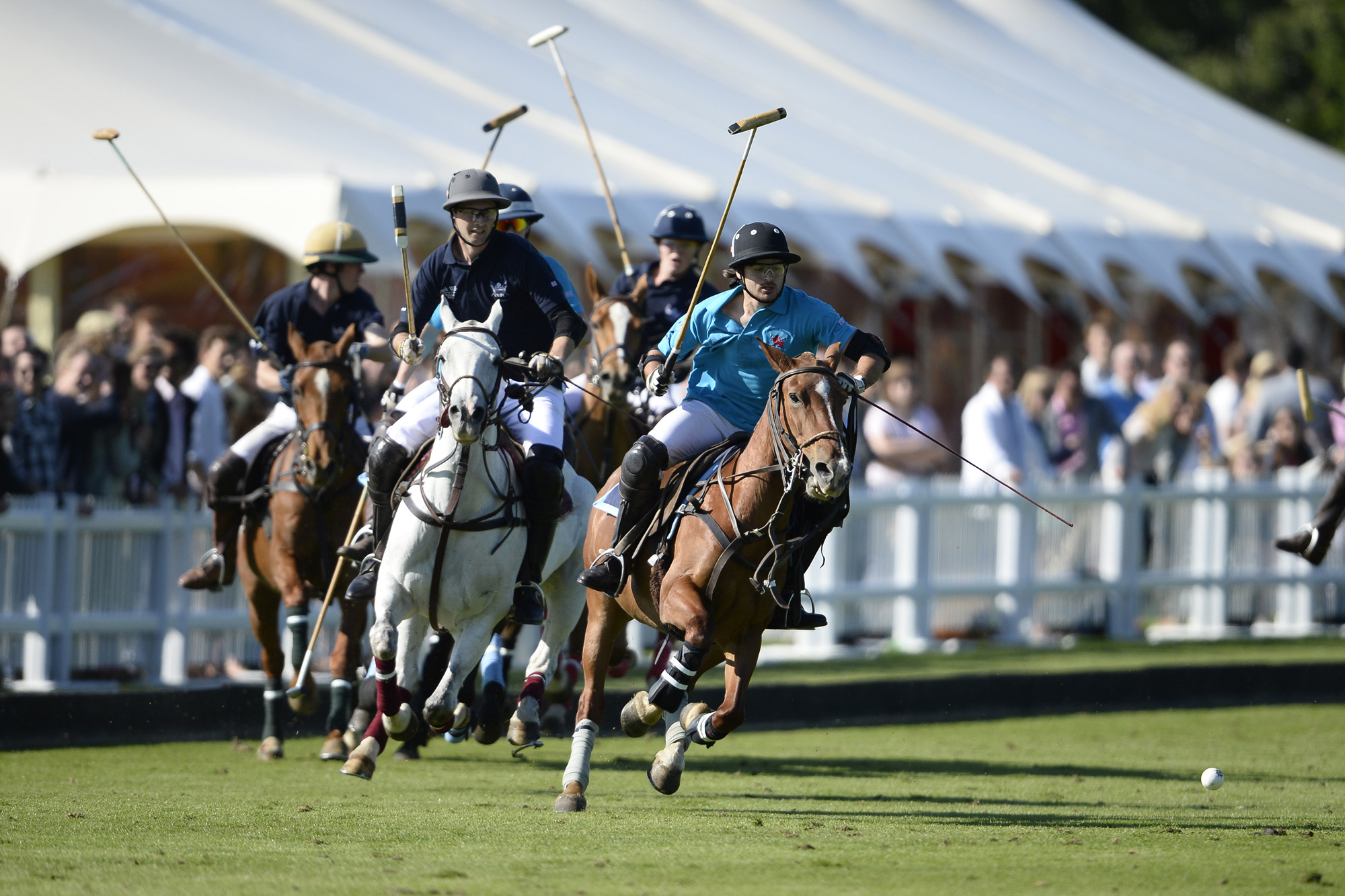How to play polo
- Introduction to Polo
- Understanding Polo Rules: Part 1
- Understanding Polo Rules: Part 2
Understanding Polo Rules: Part 2
Understanding Dead Ball in Polo

Equestrian team sport.
In the sport of Polo, understanding the concept of a "dead ball" is crucial. A dead ball situation refers to a moment in the game when the ball is not in play. This can occur due to various reasons such as a foul, a ball going out of bounds, or a safety. This article will delve into the definition, implications, rules surrounding dead ball scenarios, and how to restart play after a dead ball.
Definition and Implications of a Dead Ball
A dead ball in Polo is a situation where the ball is not in play. This can occur for several reasons, including when a foul has been committed, the ball has gone out of bounds, or a safety has been called. When the ball is dead, no player can make a play on the ball until it is put back into play.
The implications of a dead ball are significant. It can halt the momentum of a team, disrupt strategies, and potentially change the course of the game. Understanding when and why a ball becomes dead is crucial for both players and spectators to fully grasp the game's flow.
Rules Surrounding Dead Ball Scenarios
The rules of Polo clearly outline the scenarios that result in a dead ball. These include:
-
Foul: When a foul is committed, the umpire will blow the whistle, resulting in a dead ball. The game will resume with a penalty in favor of the team that did not commit the foul.
-
Out of Bounds: If the ball goes out of bounds, it results in a dead ball. The game is restarted by throwing in the ball at the point where it crossed the boundary line.
-
Safety: A safety is called when a defending player hits the ball across his own backline. This results in a dead ball, and the opposing team is awarded a penalty shot from the 60-yard line.
Restarting Play After a Dead Ball
Once the ball is declared dead, it must be put back into play before the game can continue. The method of restarting play depends on the reason the ball became dead.
- In the case of a foul, play is restarted with a penalty shot. The type of penalty depends on the severity and location of the foul.
- If the ball went out of bounds, the umpire throws the ball back into play at the spot where it crossed the boundary line.
- In the case of a safety, the opposing team is awarded a penalty shot from the 60-yard line.
Understanding the concept of a dead ball is crucial for anyone seeking to understand the sport of Polo. It affects game strategy and can significantly impact the game's outcome. By understanding the rules surrounding dead ball scenarios and how play is restarted, players can better strategize and spectators can more fully appreciate the game's complexities.